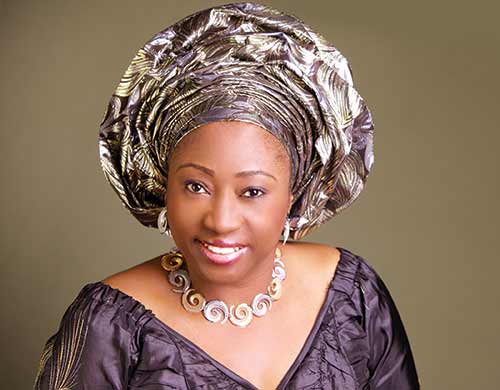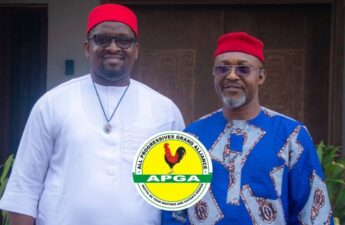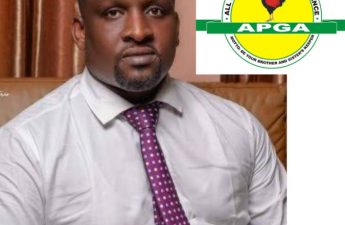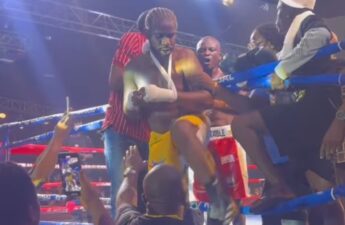Bisi Fayemi, wife of the Governor of Ekiti State Kayode Fayemi, has narrated how she was sexually harassed during her days at the University.
The first lady of Ekiti state who was reacting to BBC’s hour long #sexforgrade documentary which exposed Dr Boniface Igbenehue of University of Lagos and Dr. Paul Kwame Butakor of University of Ghana, stated that she was luckier than some of the victims because hers didn’t go far, but was an unpleasant experience.
Mrs Fayemi who has already opened a register to name and shame sex offenders, stated that watching the video made her realize that it is time to speak up and speak out for sexual abuse victims and not silence them because the culture of silence has endured enough. She added that most lecturers feel they are entitled to the body of their female students.
“I cried because what this young women have experience is the story of many of us who passed through higher institution in this country,” she said.
“I was educated here in Nigeria and I too was a victim of sexual harassment during my university days. I was luckier than these victims. It didn’t go that far but it was extremely unpleasant and of course back in the days when all these things happened you can’t tell anyone because if you do even up till now people ask you to keep shut.
“You know people don’t talk about things like this. I was watching the documentary and there were three words that came to me, one is voice, it is time to speak up and speak out and for those who do we need to stand with them and stand by them and not silence them because the culture of silence has endured enough.
“Another word that came to me was accountability, we need to be accountable whether there are parents, guidance or teachers or leaders in any form through out the different section of society. We have to be accountable for the well being and health of the young people in our care, from when our children come to say mummy, uncle so so and so touched me and instead of asking further to find out what’s its all about, we should act.
“There has to be accountability and the third thing that came to mind was justice, justice for victim or I choose to call them survivors and so those of us who have worked in the women’s whether at international level or Africa or national air in Nigeria, we know that we have many law and policies in place that are supposed to guard against things such as this but this law sometimes means very little because there is inadequate political” she said.



